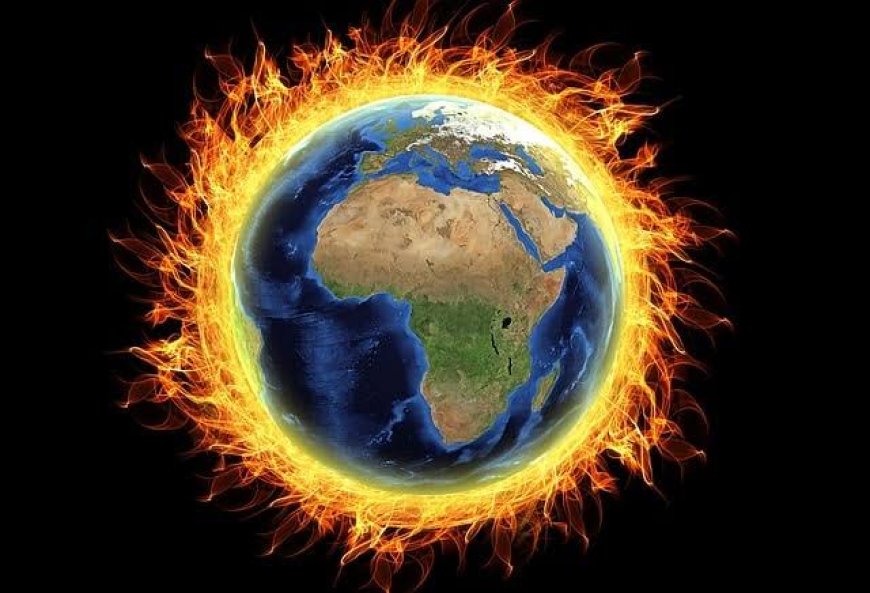Renewable energy, notion to global warming

By Robert Mutasi
Climate change has been wreaking havoc globally, with Africa bearing the brunt of its devastating effects.
The continent is grappling with severe hunger, affecting both human and animal populations, as pastures and crops fail and rivers dry up.
The situation is particularly dire in Kenya, which is experiencing its worst drought in over four decades.
The drought has severely impacted the North Eastern regions of Kenya, as well as Somalia and South Sudan, leaving approximately 20 million people across Africa struggling to secure sufficient food.
The dry climate in Eastern and Southern Africa, exacerbated by the El Nino and La Nina weather patterns, has led to widespread famine.
Tragically, over 200,000 lives have been lost in the Horn of Africa due to this crisis.
Environmental degradation, including rampant deforestation, has further intensified the prolonged droughts and famine.
Water levels in many African rivers, including the Congo River - the continent's second-longest - have been decreasing significantly, a trend that has persisted for the past century.
According to the Intergovernmental Panel on Climate Change (IPCC) of the United Nations, the rate of global warming is accelerating.
In response, many nations are transitioning to traditional energy sources for modern vehicles to mitigate global heating.
Statista reports that out of 2.2 million registered vehicles in Kenya, 350 are powered by renewable energy, a number that is expected to rise.
In 2019, Kenya reduced import duties on vehicles using renewable energy, encouraging Kenyans to opt for cleaner energy vehicles.
The Energy and Petroleum Regulatory Authority (EPRA) states that Kenya consumes about 400 million litres of petrol and diesel every month.
President William Ruto of Kenya has prioritized reducing fossil fuel usage and has plans to plant 12 billion trees by 2032 to bolster the environment.
"We must act urgently to keep global heating levels below 1.5 decrees celcius.Help those in need.Promote the use of renewable energy and thus end addiction to fossil fuels,"said Ruto.
President Ruto has urged for immediate action to limit global heating to below 1.5 degrees Celsius, assist those in need, and promote renewable energy to end reliance on fossil fuels.
"And have a candid discussion on the matter of loss and damage and how we can work with multilateral globalization to provide finance for resilience to climate change,mitigation and adaptation," added Ruto.
He has also called on developed nations to increase their financial support to developing countries to help them combat the effects of climate change.
Kenyans are increasingly adopting clean energy in their daily lives, with modern gas and biogas from livestock waste being used by millions to prevent deforestation.
As the shift towards renewable energy gains traction, several companies are investing in solar power generation, including the largest factory plant in Garissa, Kenya, that serves Central and East Africa.
"The project is estimated to serve about 200,000 customers,it is not going to serve Garissa alone,the power will be put in a group and then it will serve all Kenyans,"said an expert.
Environmentalists warn that the world has until 2040 to mitigate climate change and reduce the temperature levels that lead to drought, hunger, floods, and disease.
Africa Climate Week(ACW) 2023 is expected to take place on 4th to 8th September 2023 in Nairobi.
The summit will increase the scope of creating awareness of global effect particularly in the arid and Semi-arid regions and climate change campaign of planting trees program, that are going on to curb the climate change challenges.
What's Your Reaction?
































































































































































































































































































